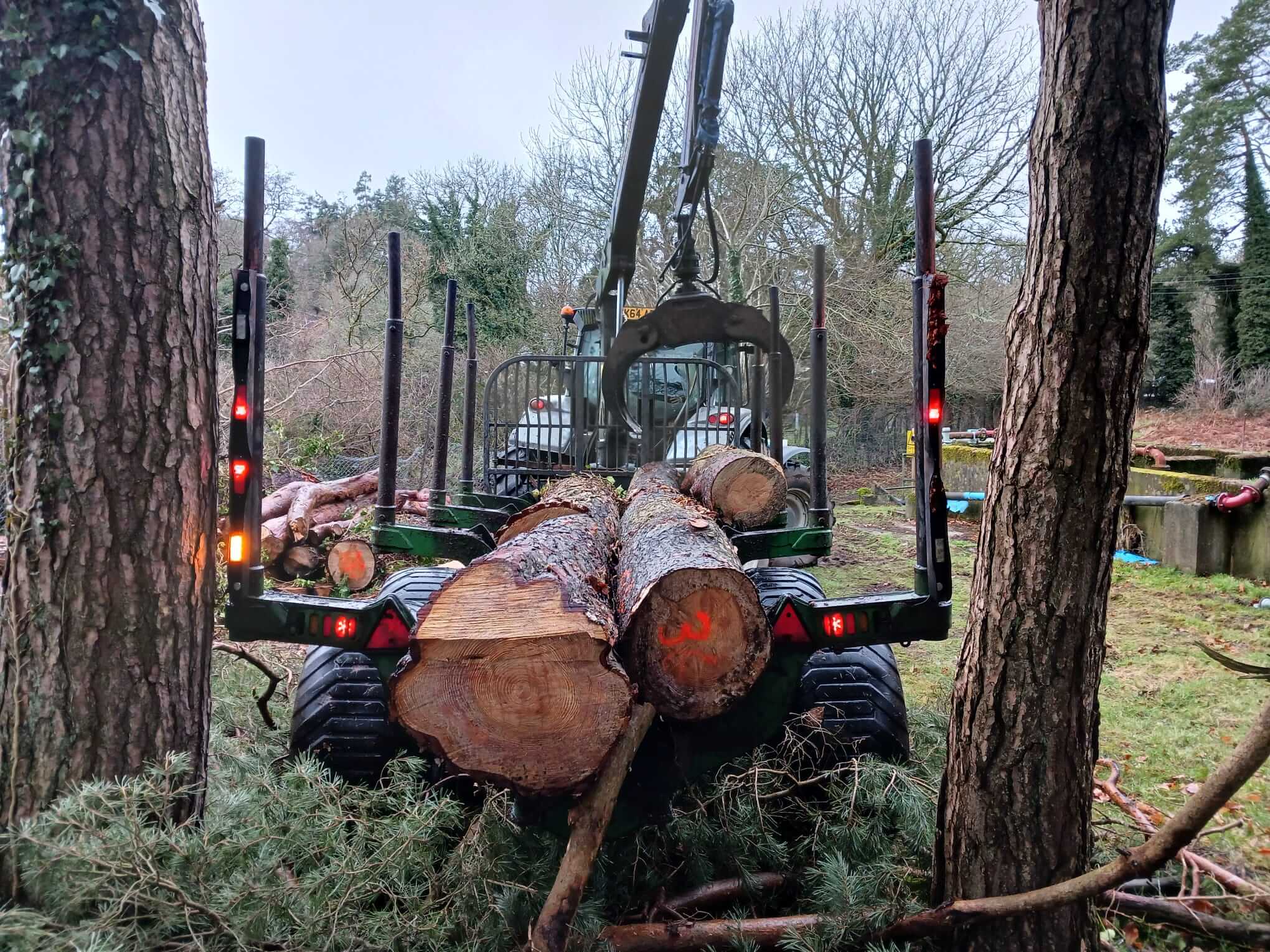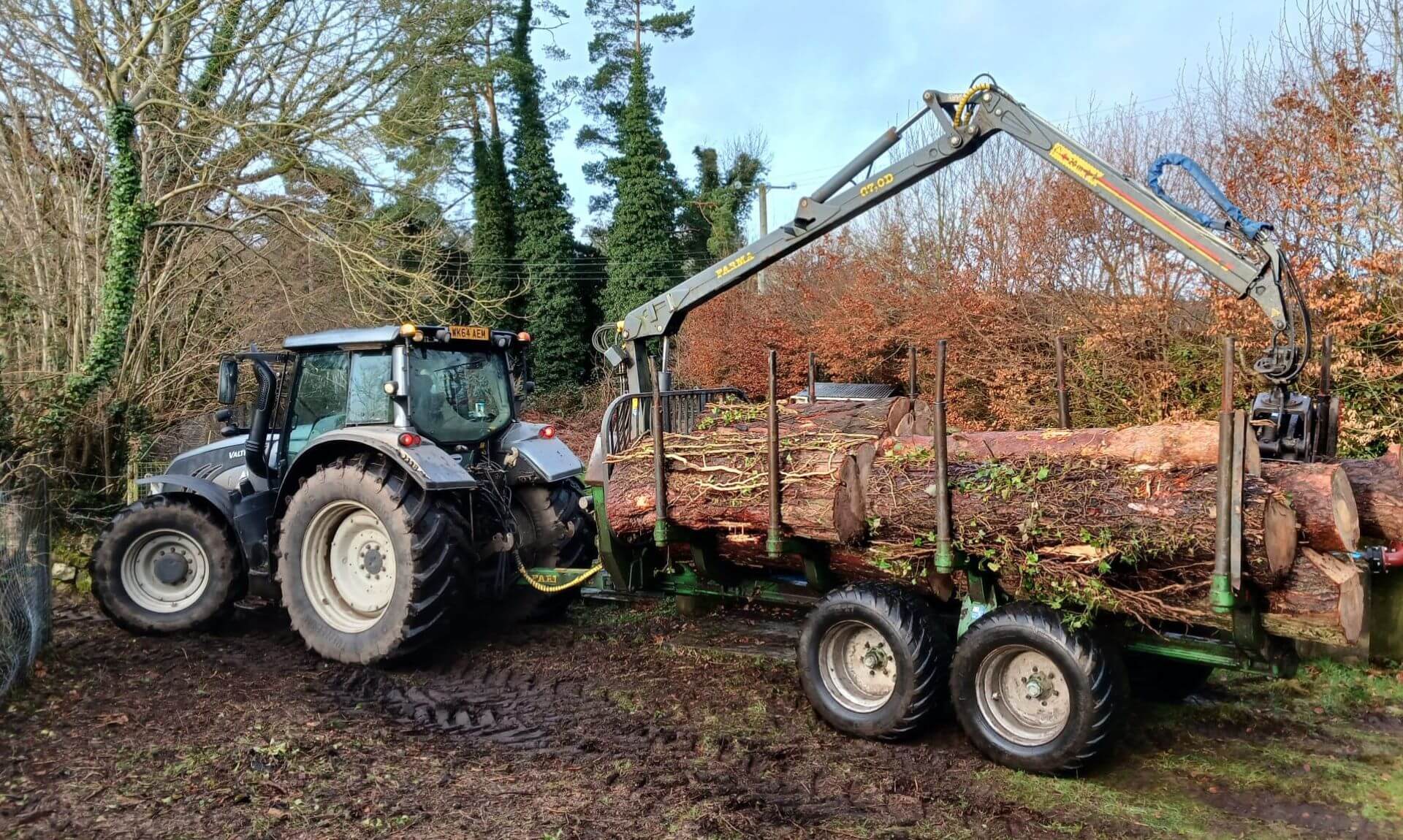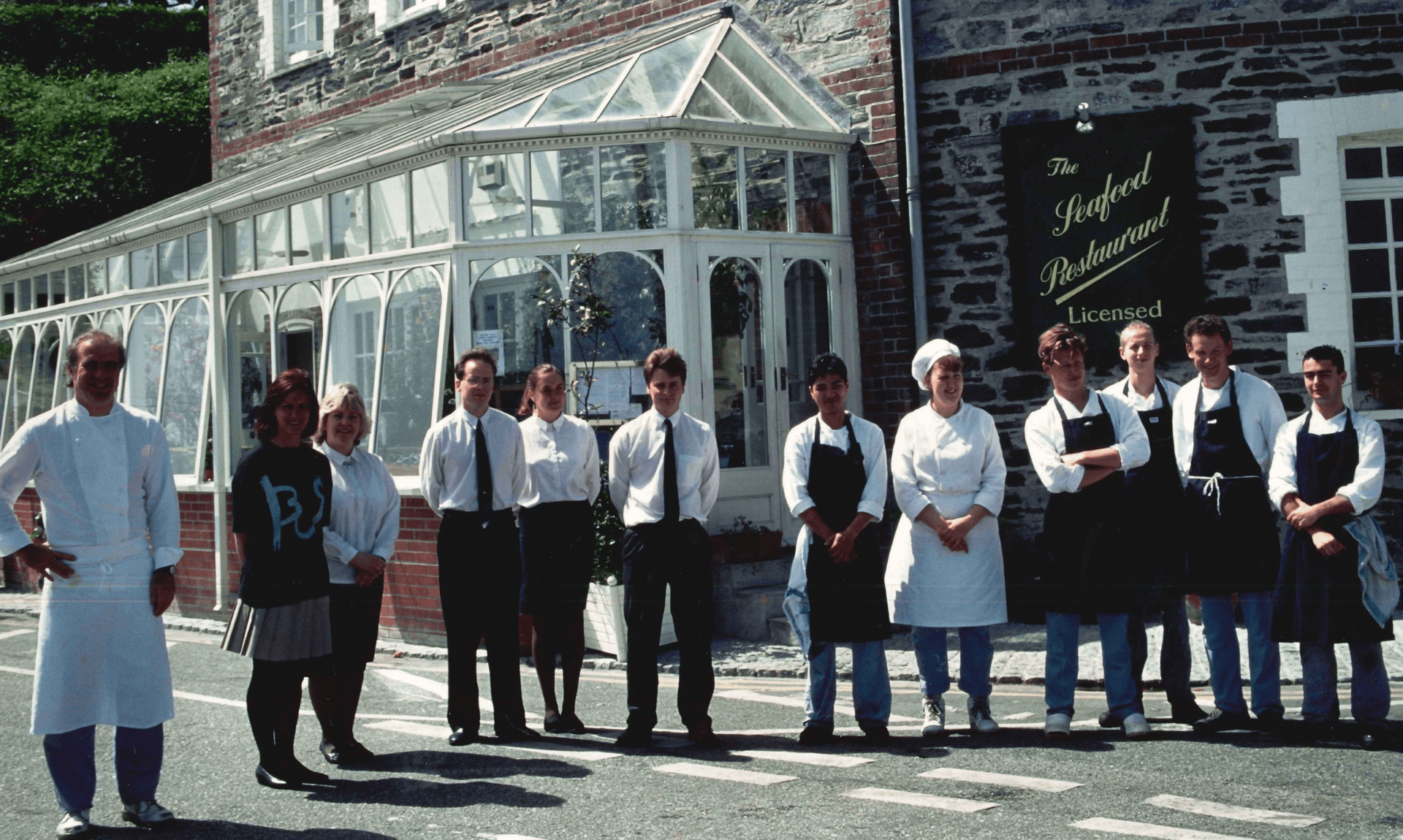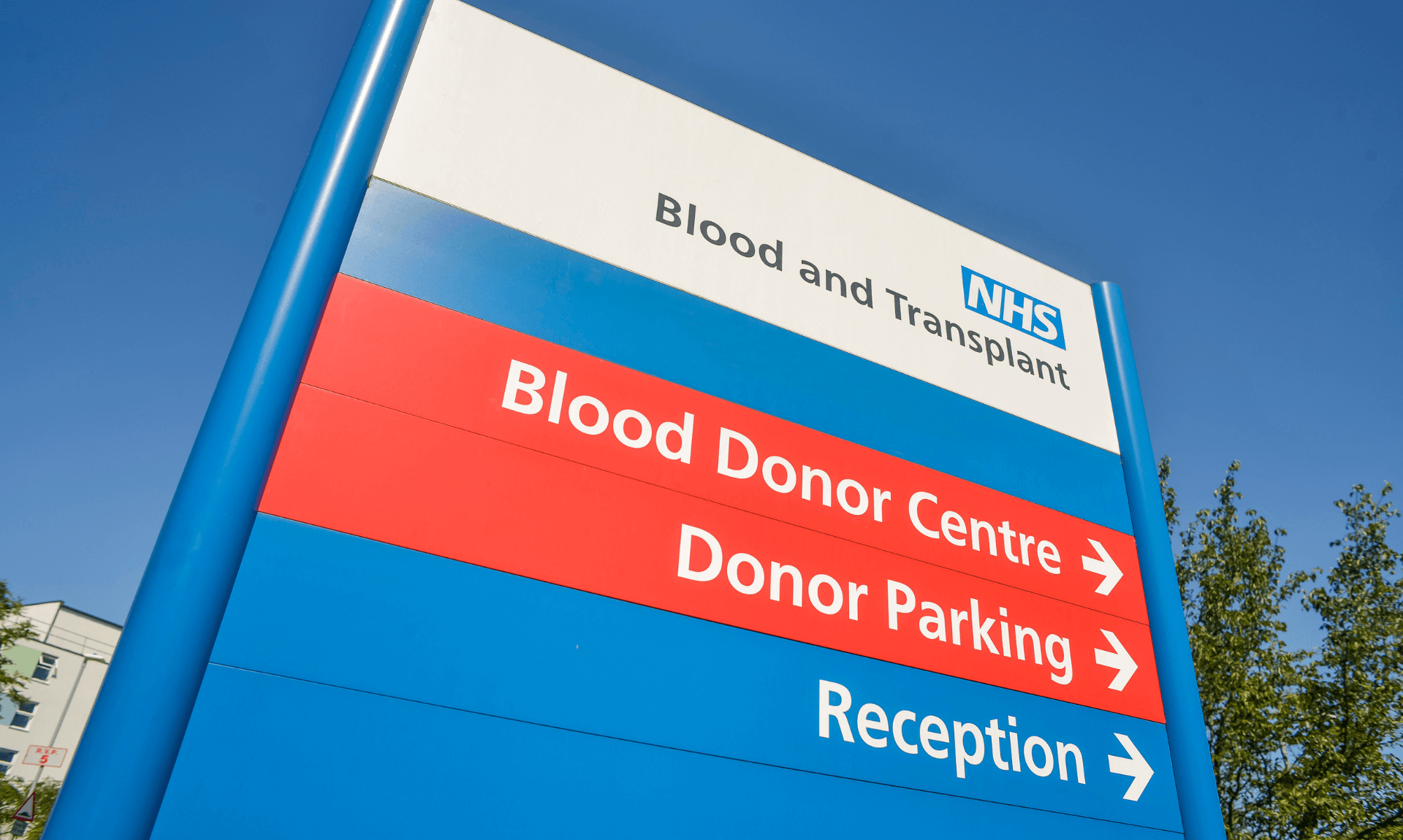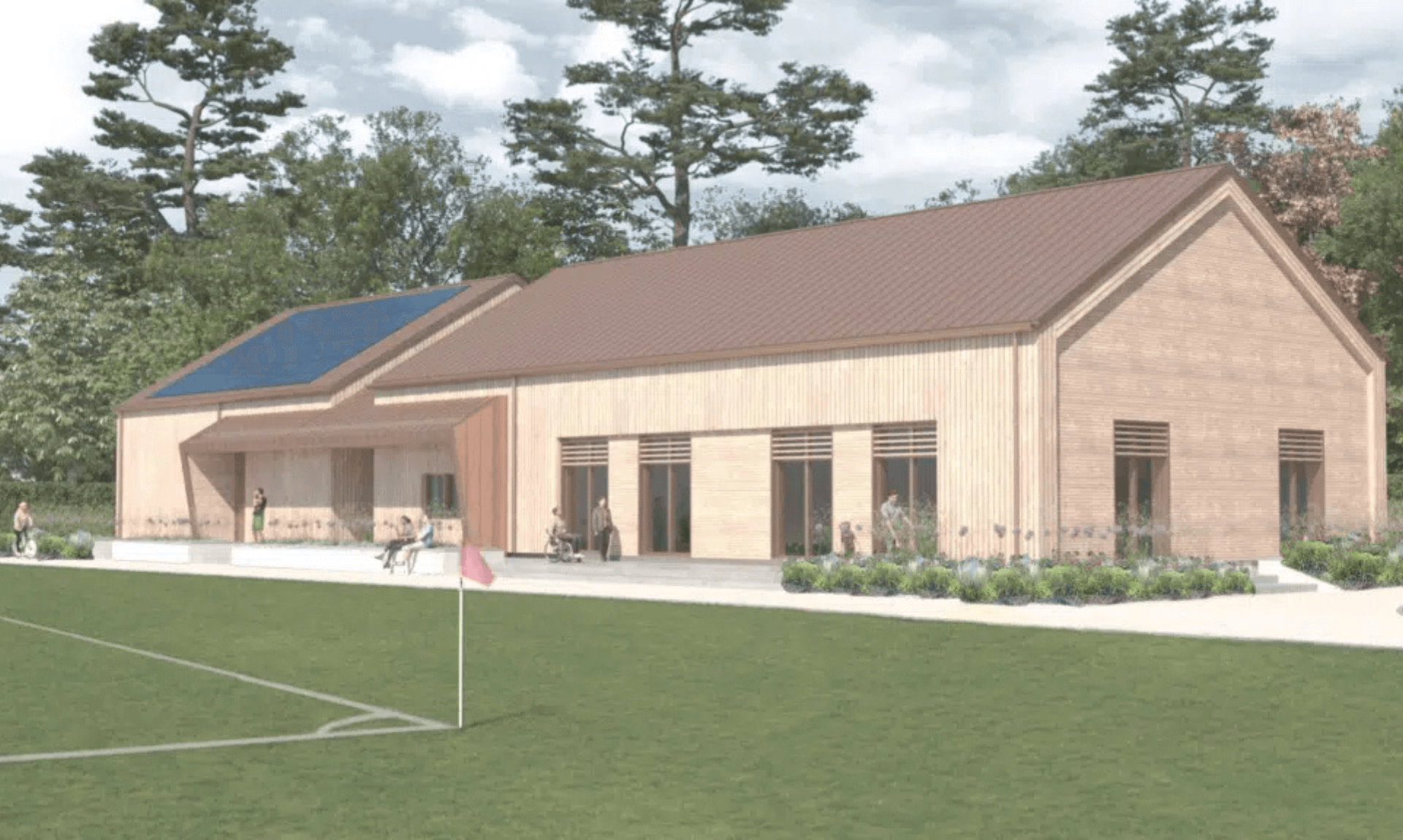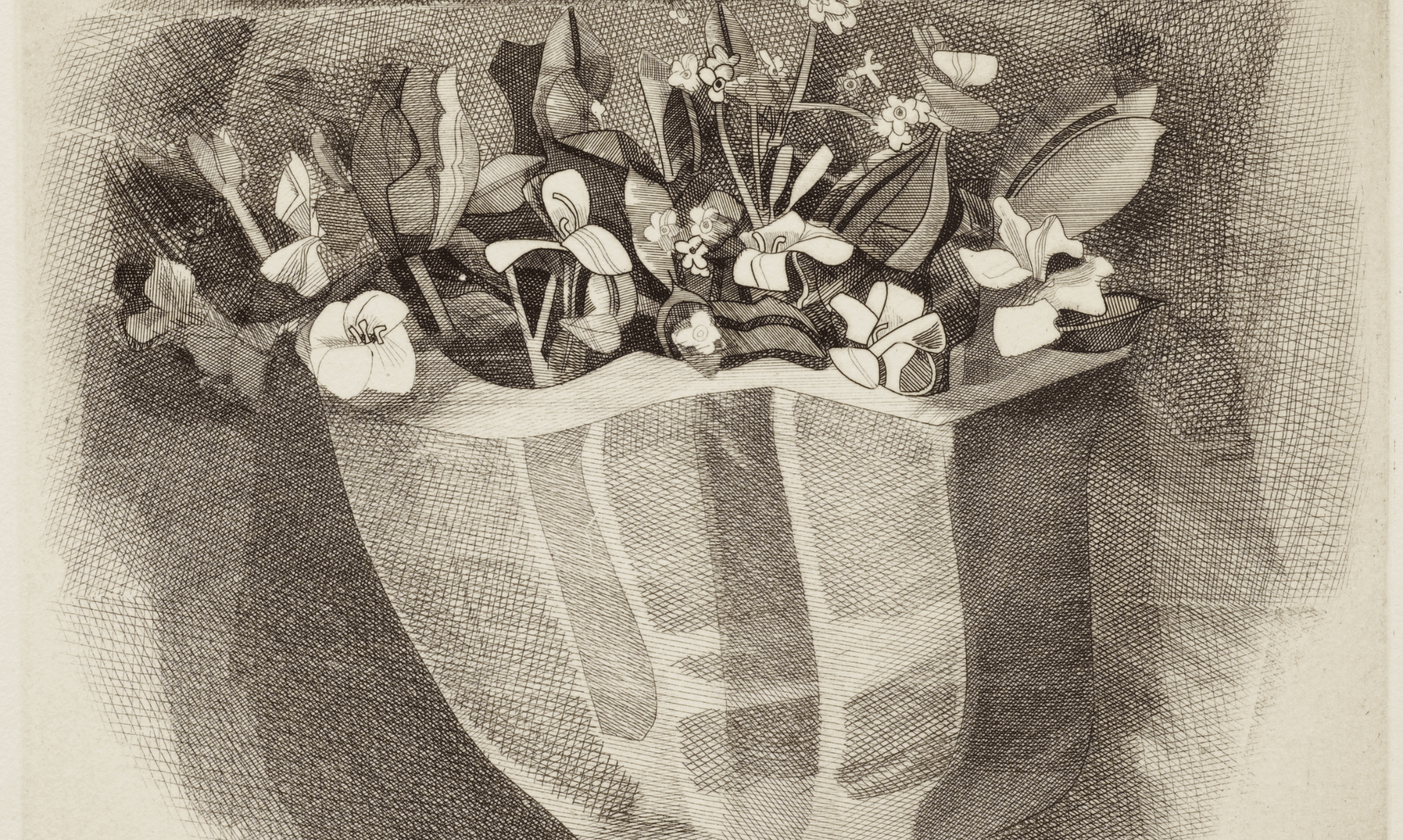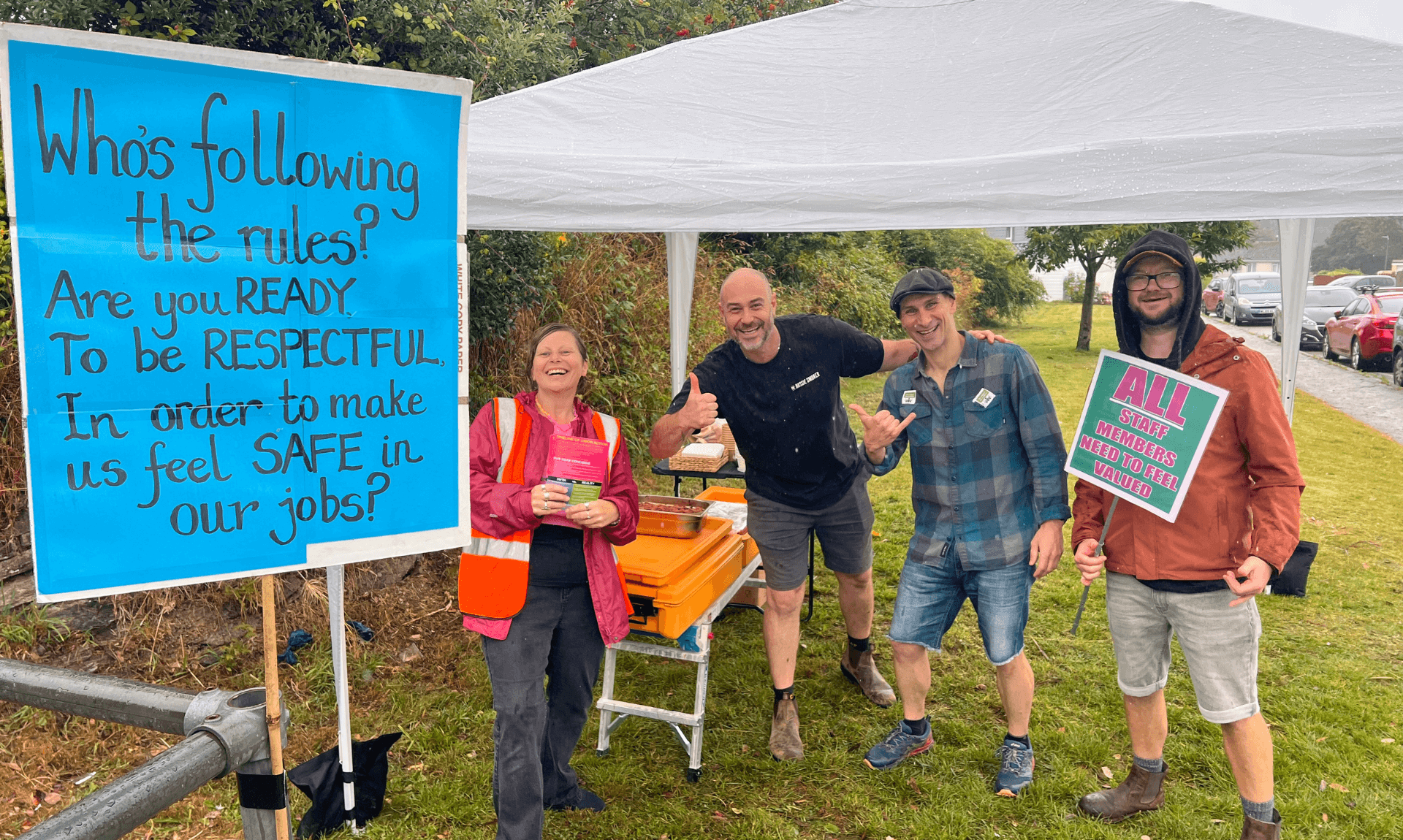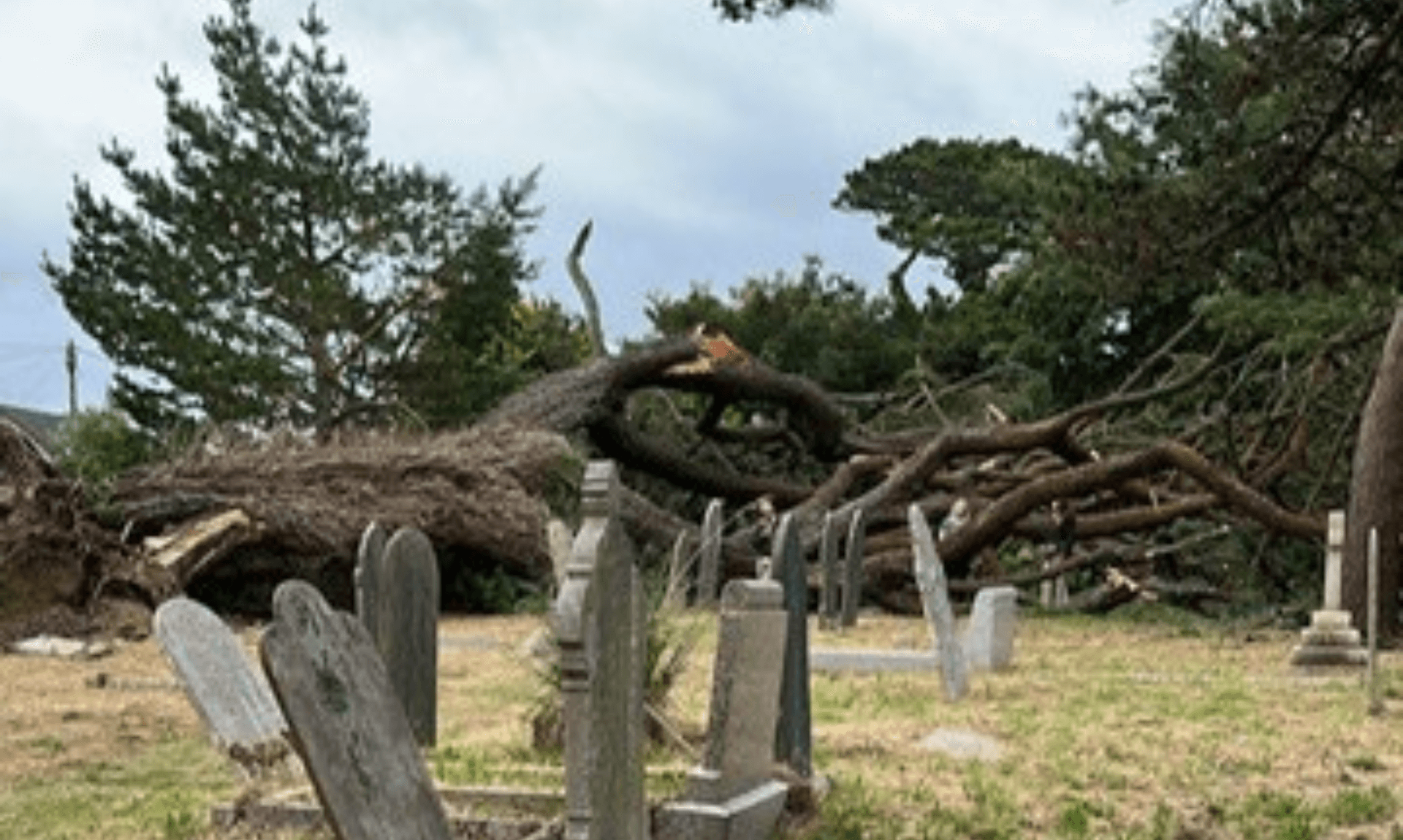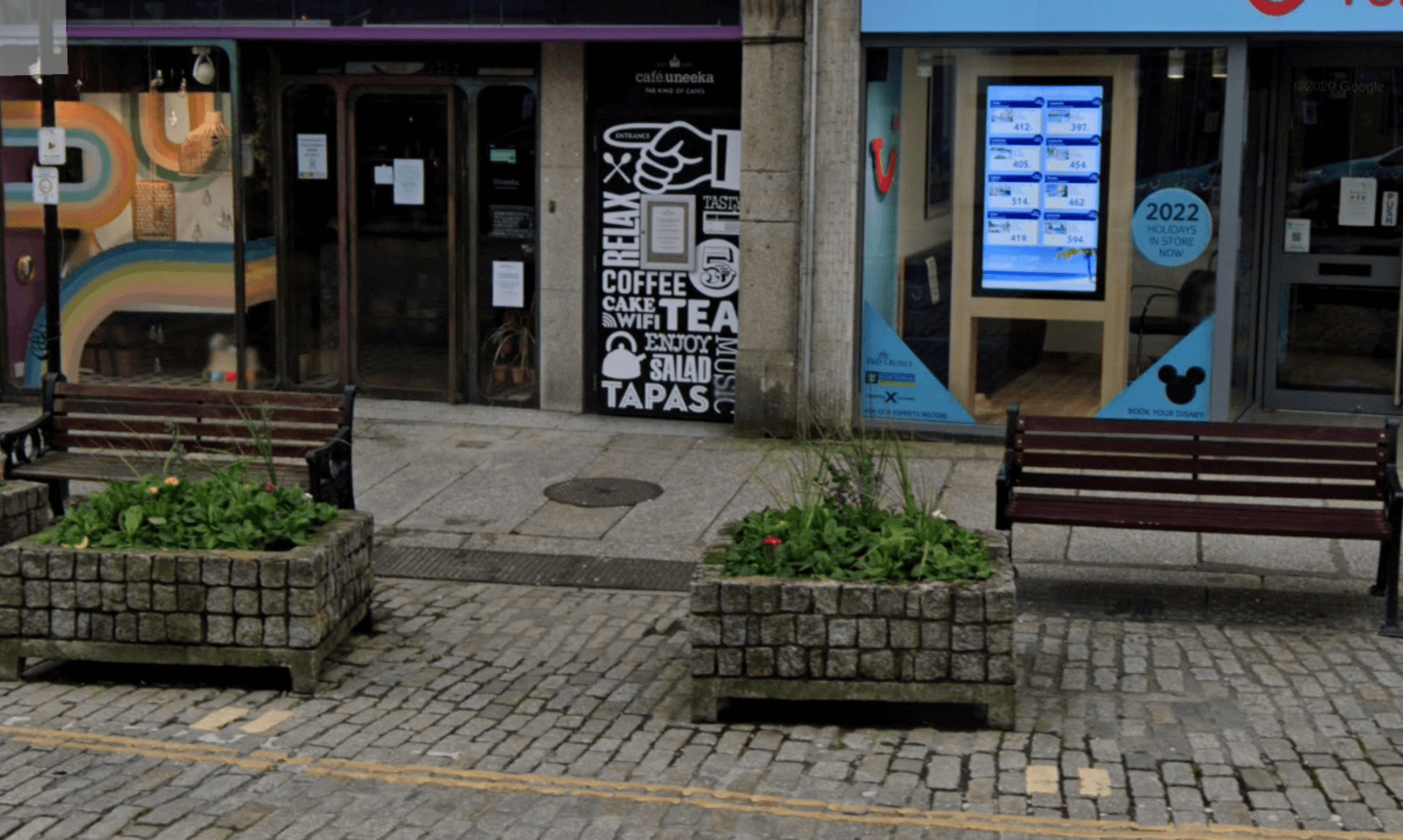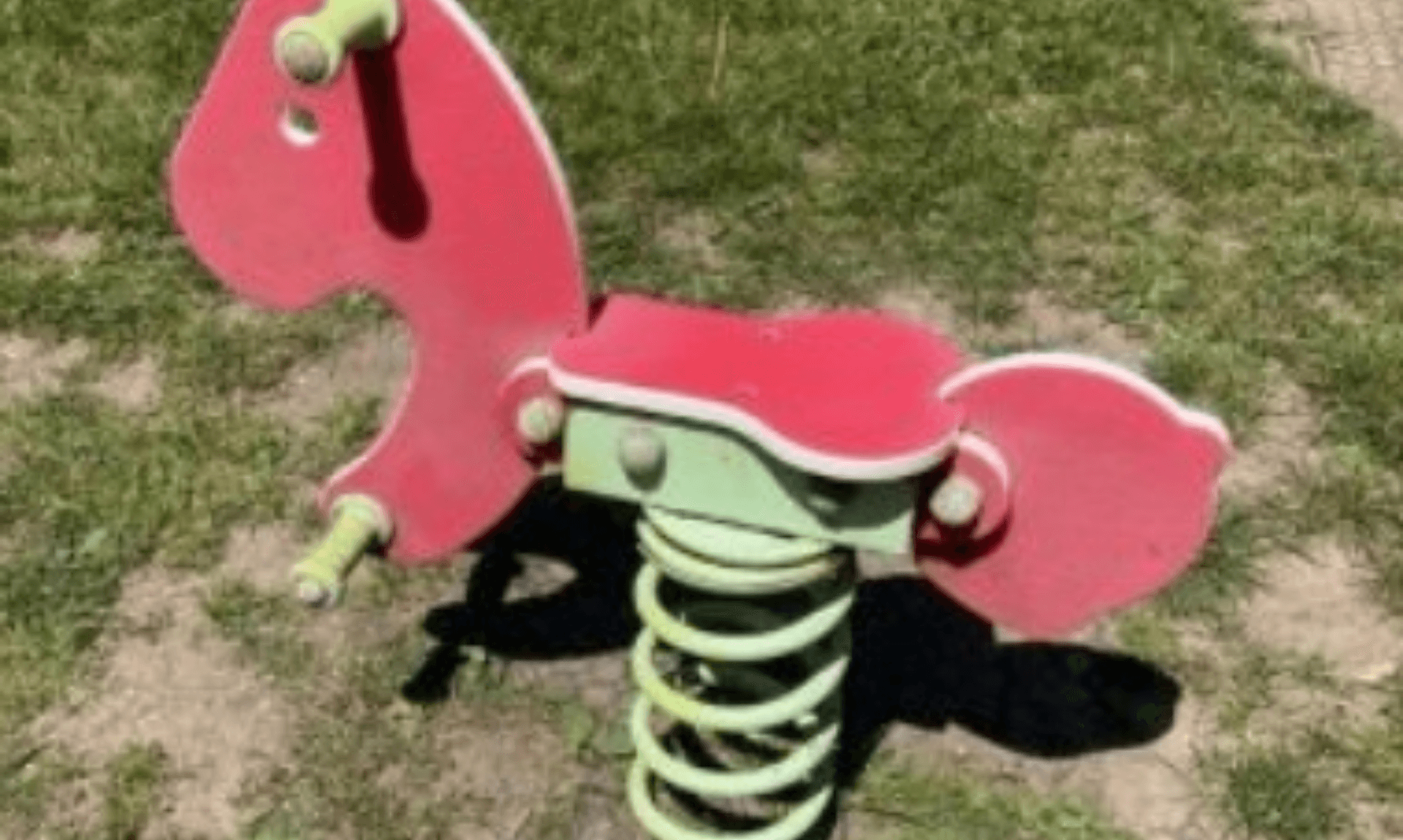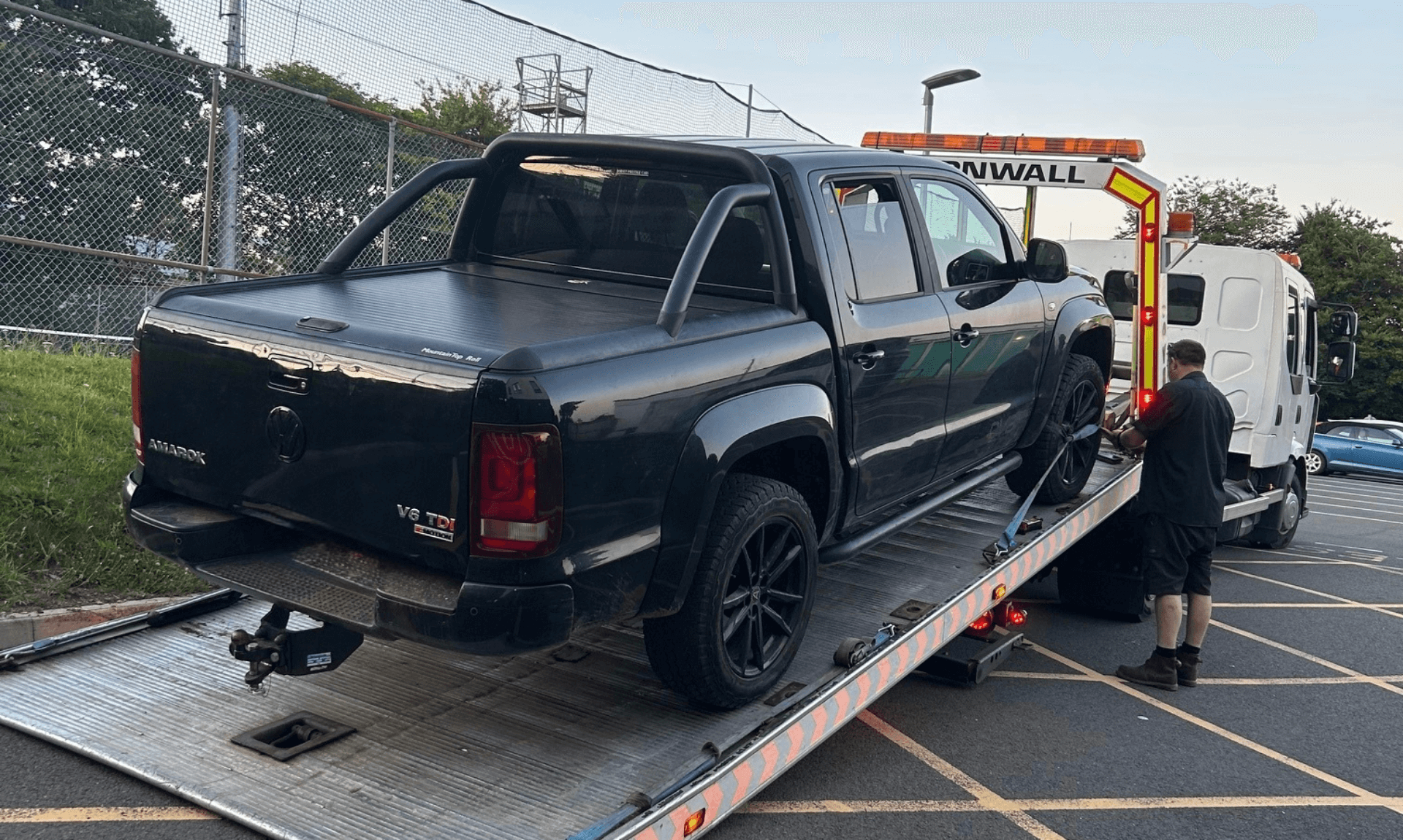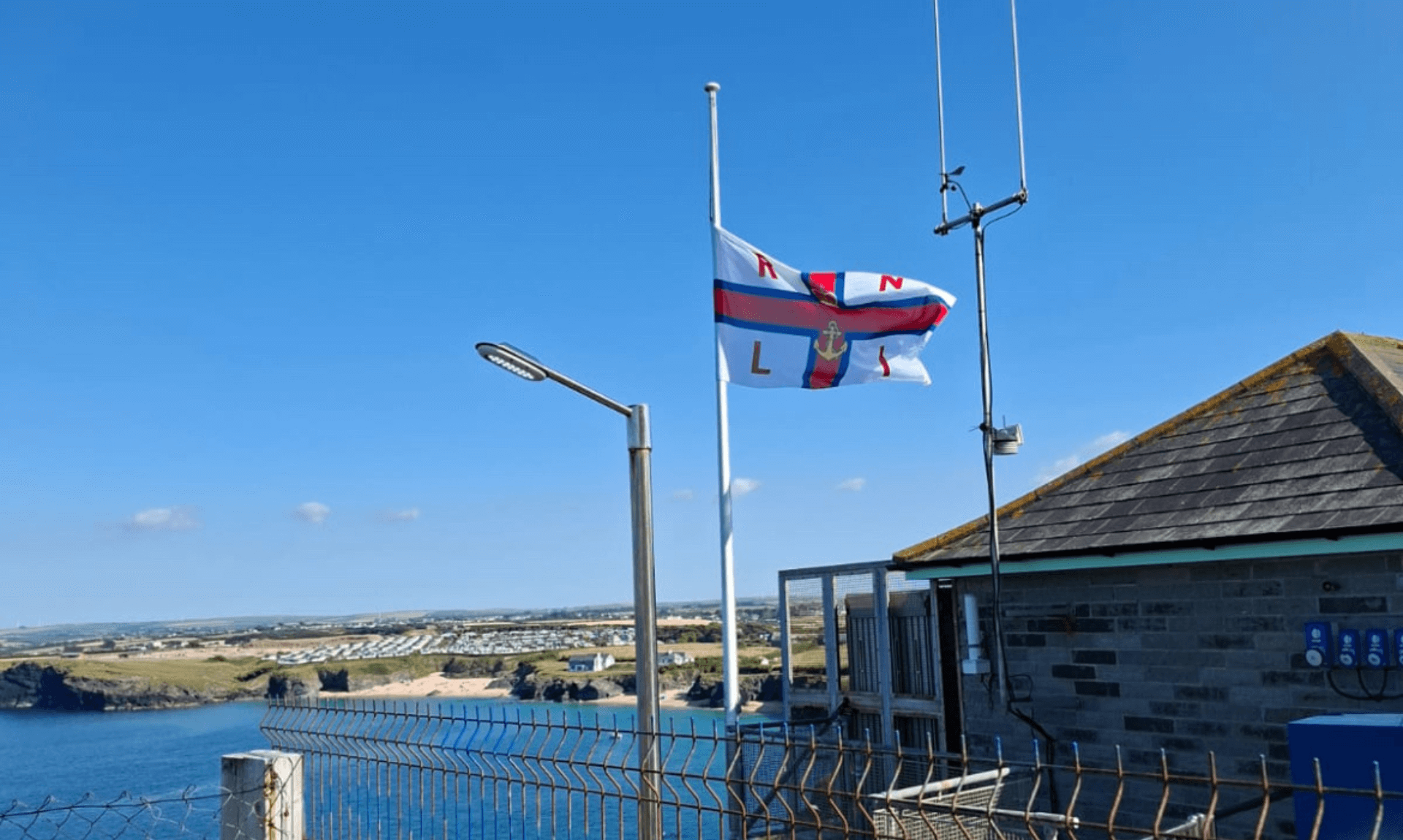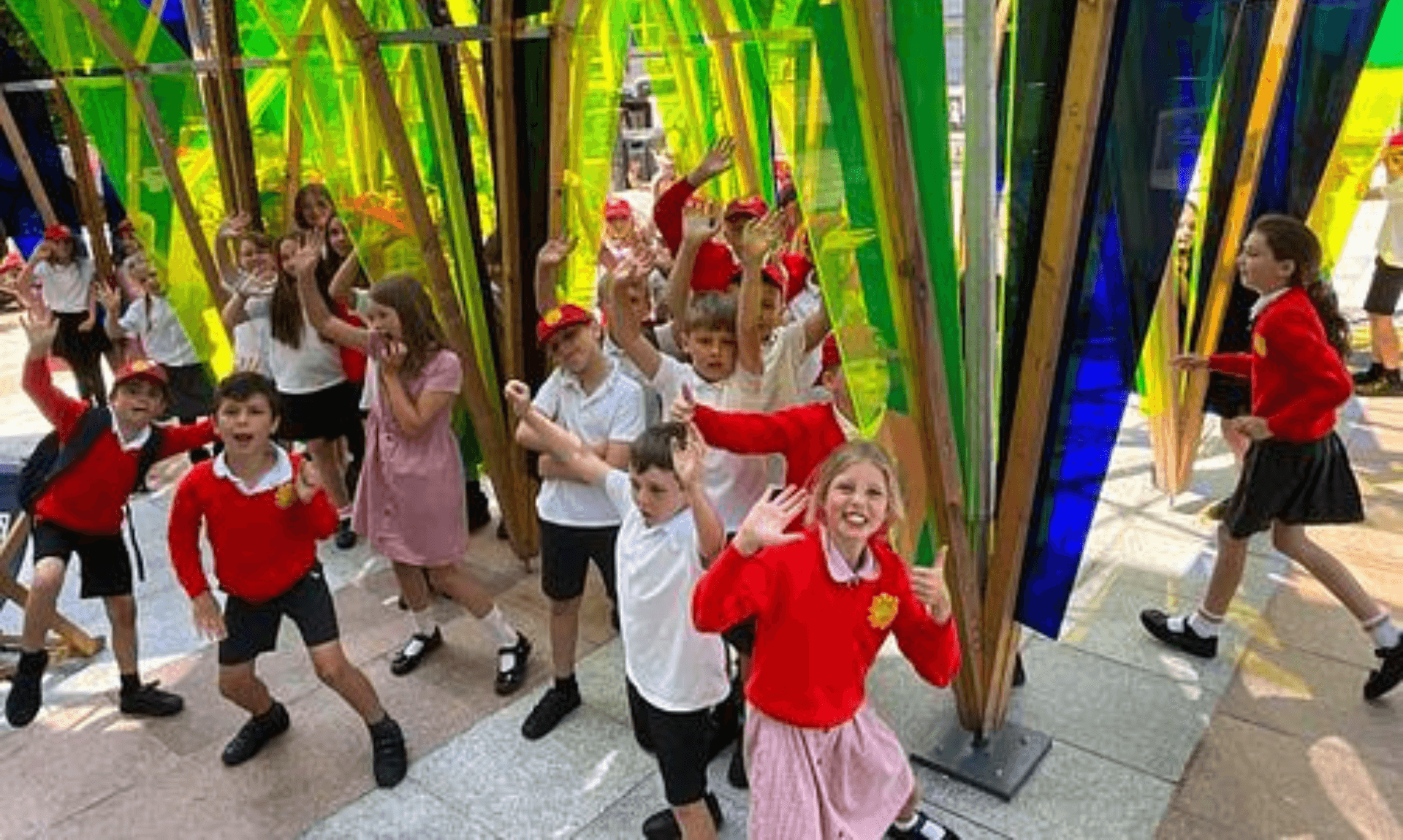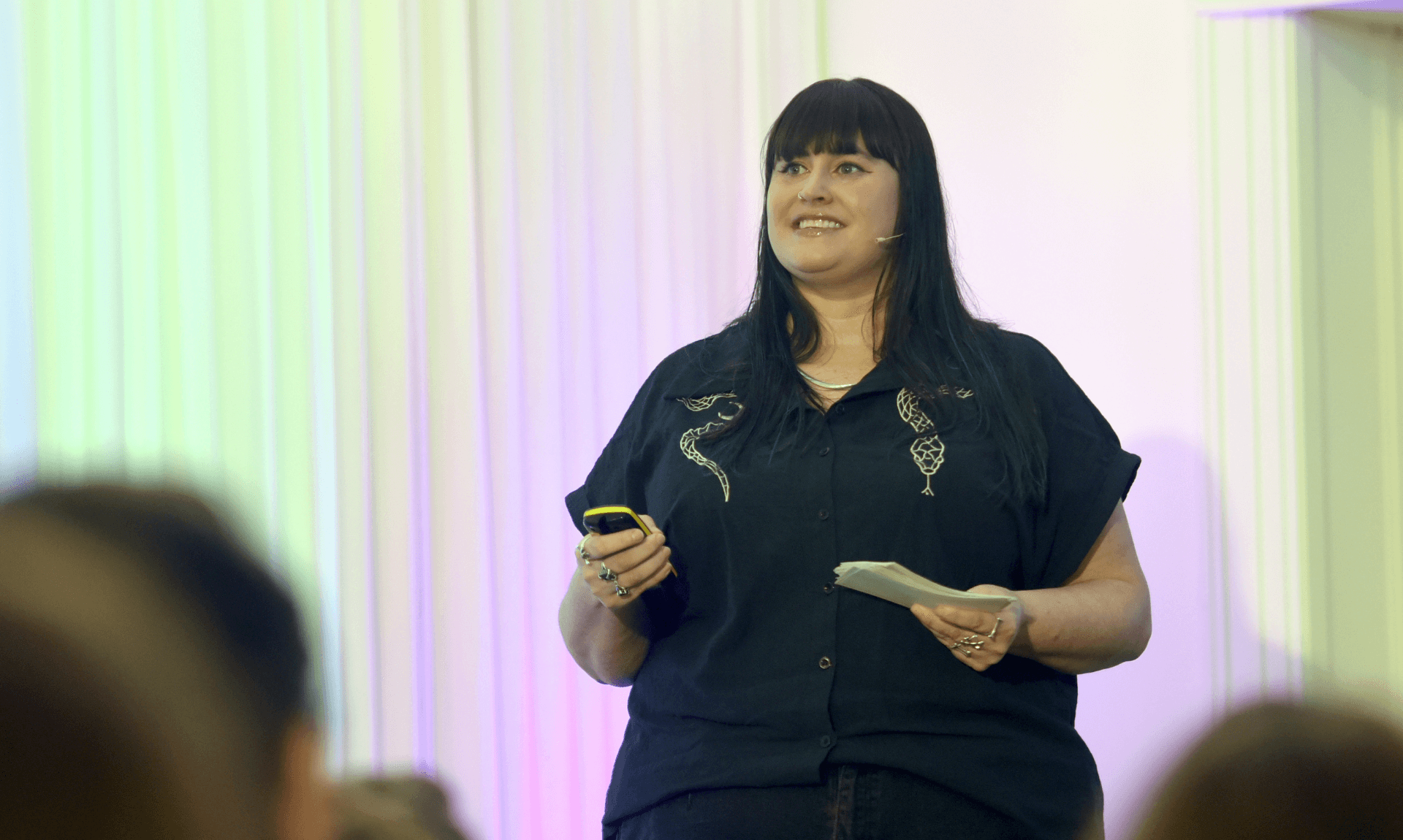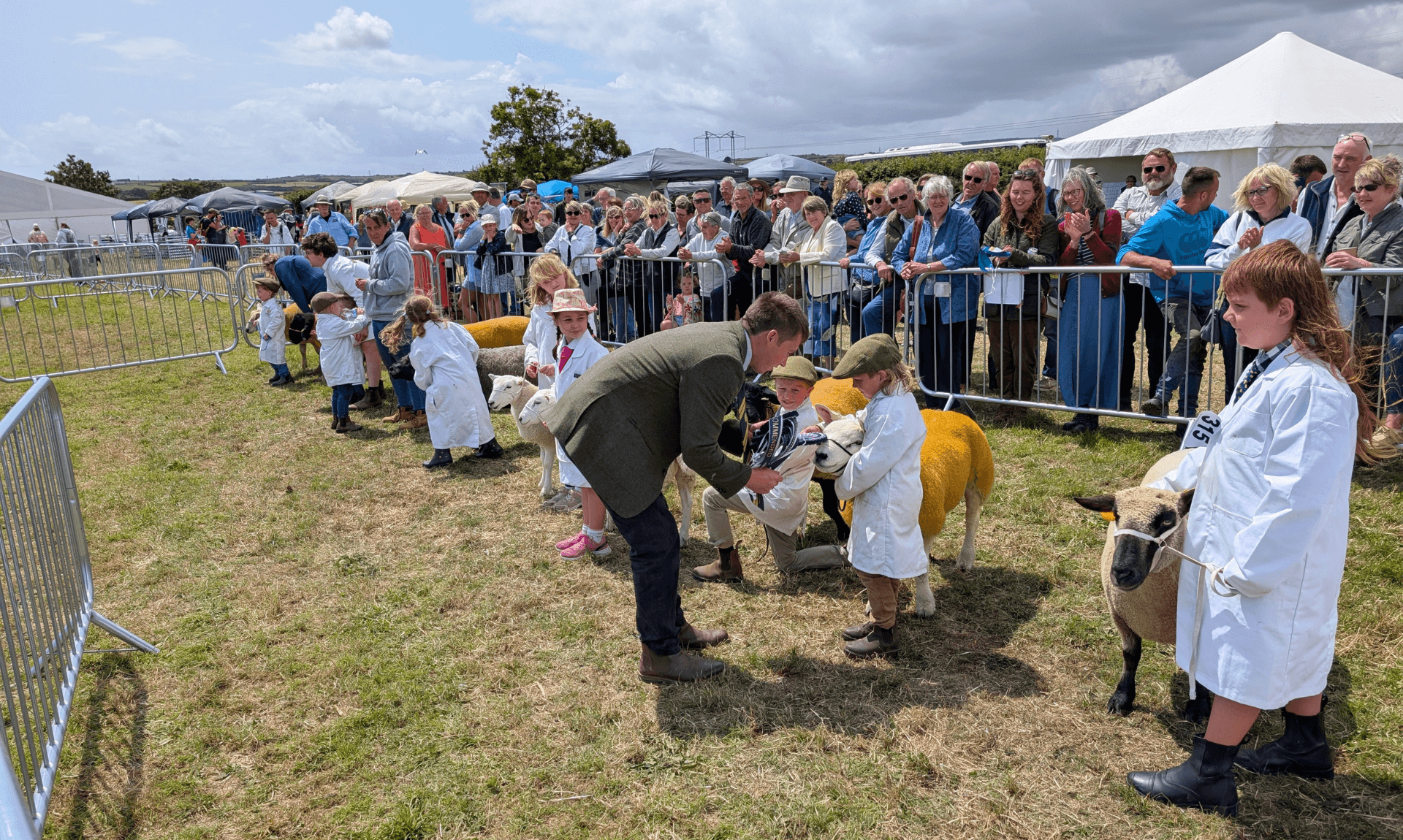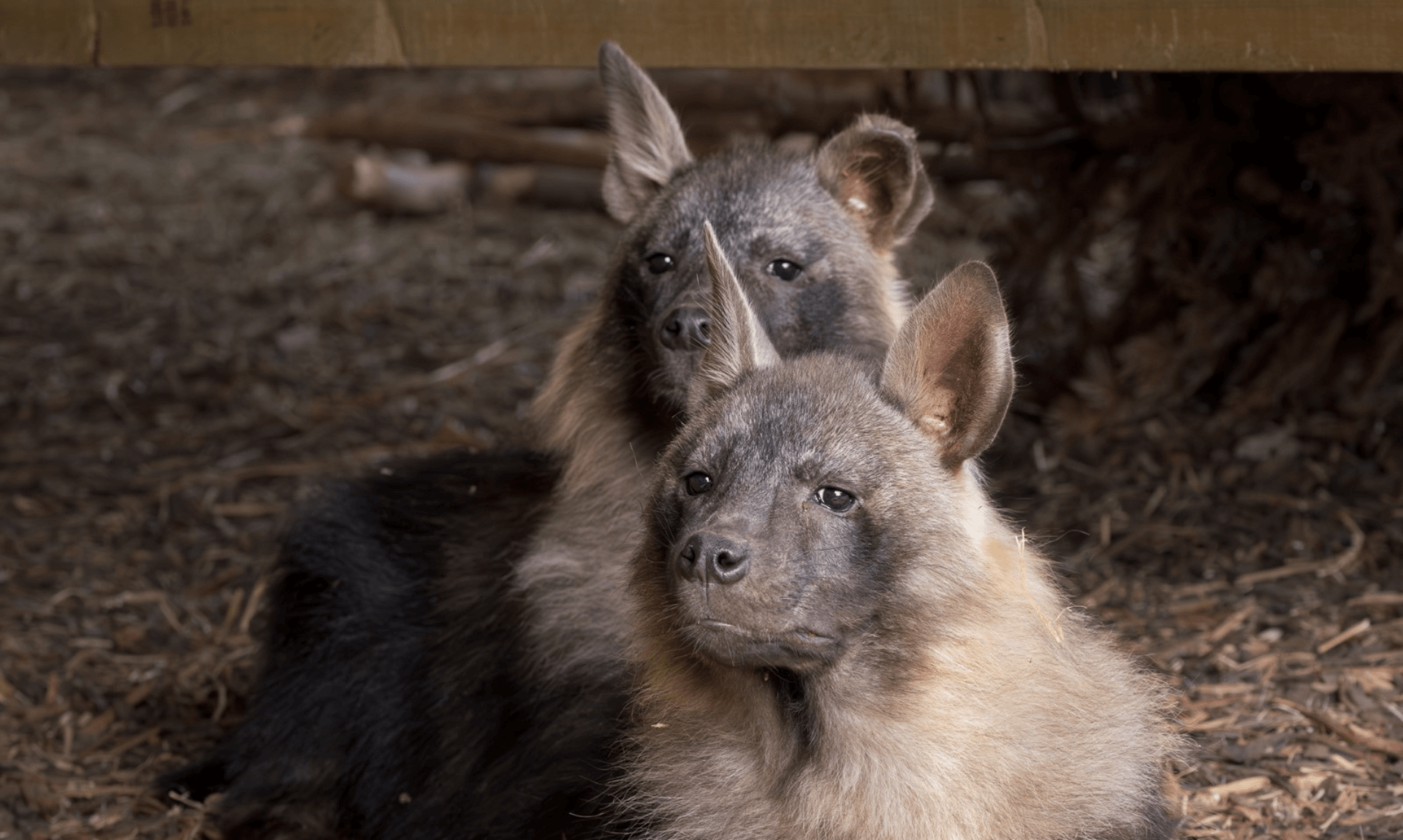South West Water is making significant strides towards the restoration of damaged peatlands across Devon and Cornwall by utilising non-native trees from its wastewater sites.
This approach not only enhances the biodiversity of the area but also contributes to the sustainability efforts in the region.
Biodiversity Boost Through Tree Replacement
Recent months have seen South West Water teams busy at work at two of the company’s treatment facilities, undertaking the removal of large conifer trees as part of their biodiversity improvement plans. These non-native trees are set to be replaced with indigenous broadleaf species, including oak, hazel, and rowan. The introduction of these native species promises a richer habitat for birds and other wildlife, offering a variety of food sources and shelter opportunities that the conifers lacked.
Barney Agar, the Dartmoor Project Coordinator for South West Water, emphasised the company’s commitment to enhancing site biodiversity. “We are focused on improving our sites for wildlife by introducing a greater variety of native trees that support a broader range of species,” he explained.
Peatland Restoration with a Sustainable Twist
The removed conifer logs are repurposed in the peatland restoration efforts at Burrator Reservoir in Devon and Park Pit in Cornwall, overseen by the South West Peatland Partnership. This £13 million project, led by South West Water in collaboration with various partners, aims to rejuvenate the peatlands of South West England. By creating leaky wooden dams and timber rounds, the project seeks to retain water in the environment, revitalising dried and degraded peat bogs. This method is crucial for preventing runoff into watercourses, enhancing water quality, and trapping carbon within the landscape.
Carolyn Cadman, Director of Natural Resources at South West Water, praised the dual benefits of the project. “Planting native trees and repurposing the logs for peatland restoration represents a win-win for environmental sustainability,” she stated. “This work not only helps in preserving our natural habitats but also lays the groundwork for a healthier ecosystem for future generations.”
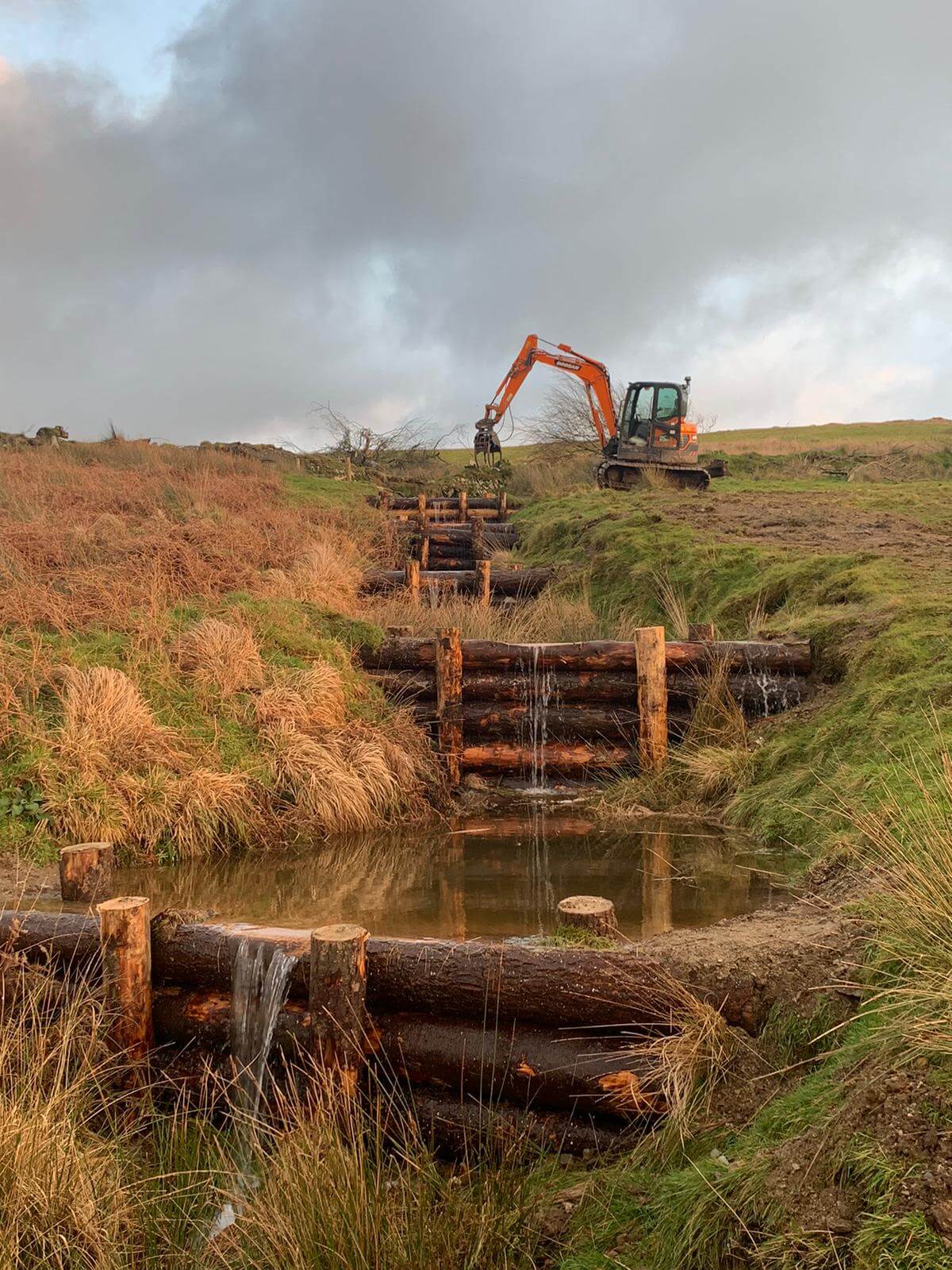
A Partnership for the Environment
The South West Peatland Partnership, pivotal to these restoration efforts, is a collaborative initiative involving government agencies, charities, businesses, and local communities across regions such as Exmoor, Dartmoor, Bodmin Moor, and West Penwith. Supported by funding from various entities including Natural England’s Nature for Climate Peatland Grant scheme and the Duchy of Cornwall, the partnership’s activities are instrumental in enhancing climate resilience, improving water quality and quantity from peatlands, diversifying wildlife, and protecting historical sites in upland areas.
This trial approach to biodiversity improvement, if successful, may be expanded across more sites managed by South West Water, setting a precedent for environmental management and conservation efforts across the UK and beyond.
